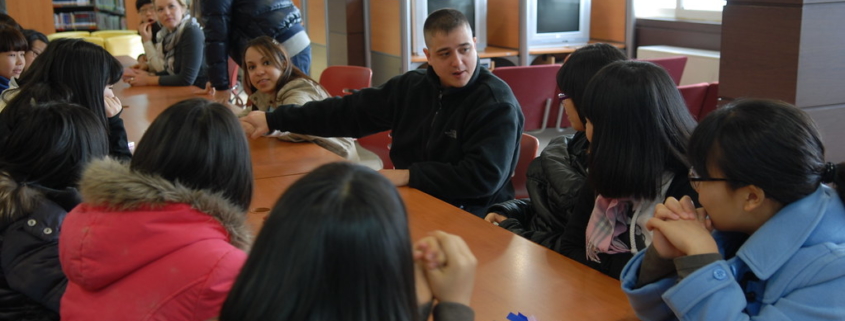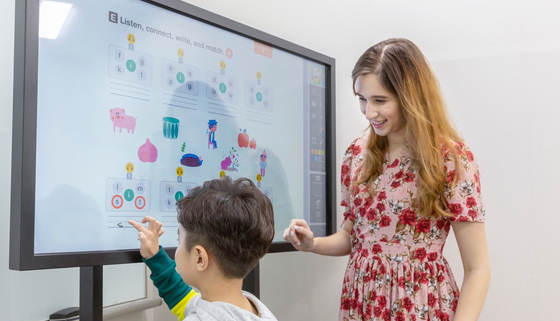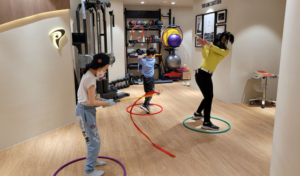English Teachers in Korea See Funding Boost
English teachers in Korea and related internationalization concepts are set to receive a funding boost in Gangnam.
The Gangnam-gu government of Seoul announced on March 31st that it has secured KRW 31.2 billion in educational expenses subsidies for this year to nurture future talents with creativity and character.
The amount is an increase of 2 billion won compared to the previous year, the largest among the 25 autonomous districts in Seoul.
Teaching English in Korea Continues to be a Funding Priority for Gangnam
Education expenses include △8.1 billion won for building smart classrooms in elementary, middle and high schools △ 4.3 billion won for improving old school environments △ 5.7 billion won for ‘supporting customized education programs and vitalization of public education’ such as support for native English teachers in Korea to work in middle schools and △13.1 billion won will be invested in providing free meals to kindergartens, elementary, middle, and high schools.
In particular, the district will increase the number of schools that can receive education related to the 4th industrial revolution, such as coding, robots, and drones, from 22 to 27 this year.
It is also planning to support artificial intelligence (AI) and metaverse education, augmented reality (AR) and virtual reality (VR) equipment and educational contents.
In addition, following the establishment of digital studios in elementary, middle and high schools last year, this year, equipment and software for distance learning will be provided.
Gangnam-gu mayor Jeong Soon-gyun said, “We will invest generously in nurturing future talents who will lead the era of the 4th industrial revolution by securing a solid education budget worthy of the reputation of ‘Gangnam, the leading education district’.”



















